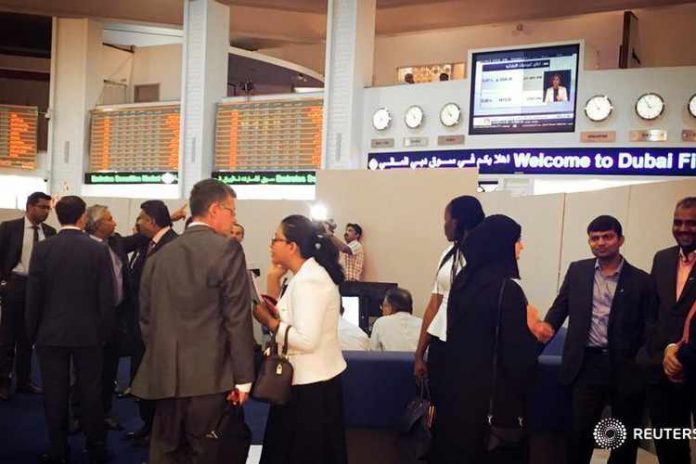The announcement by Nasdaq Dubai on Monday that it will begin offering futures contracts on some of Saudi Arabia’s biggest stocks has been welcomed by market participants, who have told Zawya that they expect trading in these to be more robust than the futures trades that have so far taken place with stocks in the United Arab Emirates.
Nasdaq Dubai announced on Monday that it “is preparing to launch equity futures on leading companies listed in Saudi Arabia” in the third quarter of 2018, but did not give an exact date.
It said in a press statement that futures contracts would be offered on “some of the Middle East’s largest businesses active in sectors including petrochemicals, real estate, banking and transport”, but did not name the firms for whom futures contracts will be created.Vijay Valecha, chief market analyst at Dubai-based Century Financial Brokers, described Nasdaq Dubai’s move as “a big milestone in the development of Middle Eastern equity markets”.
“Some might not be enthusiastic as the volume in UAE equity futures continues to be lacklustre, but even growth in UAE equity futures will happen gradually as retail and institutional participation gets bigger,” he told Zawya via email on Monday.
Futures contracts are an agreement to pay a set price for an underlying asset – a stock, a commodity, a currency or even a market index – at a fixed date in the future.
Nasdaq Dubai initially began offering futures contracts on seven UAE stocks in September 2016, and increased this number to 17 in February this year – the same month in which it began offering futures contracts on both Dubai and Abu Dhabi market indices. However, trading volumes have remained thin.
Data from Thomson Reuters Eikon shows that there were just 85 trades on one-month futures (i.e. contracts to be settled within one month) of Dubai’s blue-chip Emaar Properties in the three months to the market’s close on Tuesday. Abu Dhabi’s Aldar Properties fared better, though, with 14,500 one-month futures contracts trading hands during the same period.
Issam Kassabieh, a senior financial analyst at Menacorp, said that derivatives trading in the UAE had not been very active for multiple reasons – one of which has been the recent lack of activity on the main UAE stock markets.
If the stocks on which futures contracts are traded are not frequently changing hands, pricing becomes more volatile, which makes trading in derivatives more risky. More
By M. Fahy zawya.com
Image used for illustrative purpose. People attend a ceremony for listing of Nasdaq Dubai at Dubai Financial Market (DFM) in Dubai, UAE September 5, 2016.
REUTERS/Celine Aswad

















